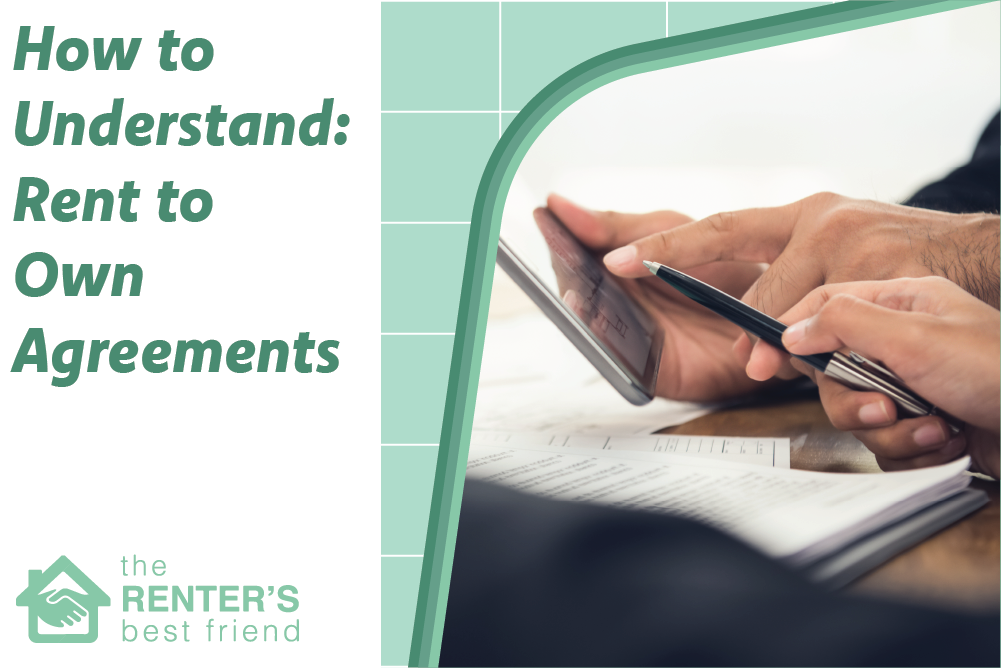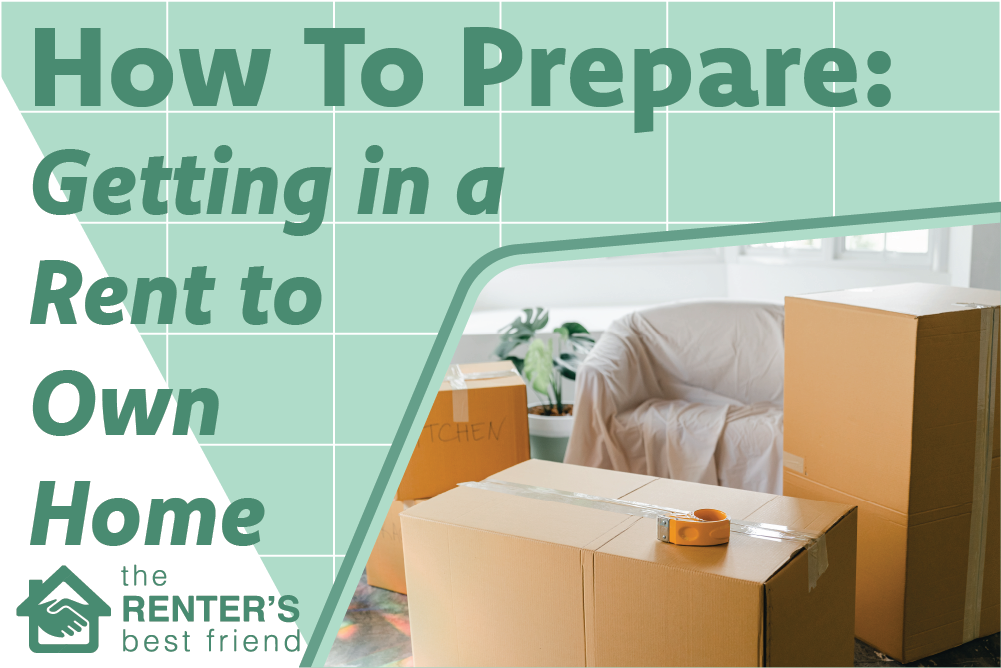Ideally, the place you are renting is affordable, comfortable, and safe to live in. However, sometimes unexpected things can happen that cause one or more of these things to change and you may find that you need to move before your lease has expired. While it might feel taboo to break your lease, it is possible to do so legally.
Leases are for a fixed amount of time, usually a 6 or 12-month period. Some students manage to sign 9-month leases so that they can move out once summer arrives. Some leases are month-to-month and can be canceled with a 30-day notice given to your landlord.
In this article, we will go over some tips for how to break your current lease. However, it should be noted that this is not legal advice. If you are worried about the details and legality of getting out of your lease, you should consult an attorney. At the end of this article, you will find a link to where you can get the legal help you may need.
1. Check Your Lease Agreement
Anytime you have questions about what you are and are not allowed to do, re-reading your lease is always a great first place to begin. This situation is no different. Check to see if there is a section that details ways in which you can get out of it. Some leases include an opt-out clause that would allow you to move out early by paying a predetermined fee.
Some leases contain early termination clauses that you can use if your landlord hasn’t fulfilled their obligations. For example, if your landlord isn’t properly maintaining the property, you may be able to break the lease without any penalties. See more on that below.
Keep in mind that leases usually protect the landlord more so than the tenant. Make certain to put everything in writing, including your concerns, and keep a copy on record. Again, consult a lawyer before you take action here, as a disagreement could lead to you having to pay compensation or worse, an expensive battle in court.
2. Communicate with Your Landlord
If you need to break your lease for an understandable reason, let your landlord know why it is that you need to move out. Many of them are understanding people and may be willing to help you to find a solution that makes you both happy. If the situation that you find yourself in is going to make it difficult for you to pay your rent, they will likely rather find a helpful compromise as opposed to dealing with missed payments.
Try to be as honest, polite, and thankful as you can be. This will go a long way toward making the breaking of your lease as easy as possible. Once again, if you and your landlord mutually agree to terminate the lease, make sure to get the agreement in writing.
3. The Right of Quiet Enjoyment
There are parts of a lease that are covered by what is called an “implied covenant”, which are agreements that are understood by the parties involved but are not expressly stated in writing. These are things that are binding in a landlord and tenant relationship and they cannot be forcibly waved. One such agreement is the implied covenant of quiet enjoyment. In general terms, this refers to certain rights that you enjoy as a tenant in relation to the property you are renting. You are entitled to live in a safe and habitable environment and, as it sounds, to enjoy relative peace and quiet. And if this is violated, then you may be able to get out of your lease. These are some of the ways in which your implied covenant may be violated:
- Landlord or management accesses the premises without providing adequate notice, which infringes upon your right to privacy and the exclusive use of the property.
- Too many disruptions or noise that interferes with your peace and quiet.
- Failure to maintain the property.
- Landlord or management going through your personal belongings.
- Harassment by other tenants or by the landlord or management.
- Failure to provide access to essential services (such as electricity or heating).
- Failure to take the necessary actions to ensure tenants’ safety on the premises.
- Landlord failing to provide items or services specified in the lease agreement.
4. Homebuying Clause
If your lease includes a home buying clause, sometimes also called a “buy/build clause”, you can terminate your lease early if you have purchased or built a new home. Usually, this still requires you to give your landlord proper notice.
Again, it is worth stating, that you should check your lease carefully to see if it includes such a clause. You should also check your state laws in accordance with this. Another thing worth mentioning is, that even if your lease does include such a clause, you do not want to give notice to your landlord until you have been cleared to close on the new home.
5. Help Find a New Tenant
You could offer to help your landlord find a new renter for your place. According to the law in most states, a landlord cannot lease your old apartment to a new tenant while also charging you rent as well. If you are able to help by getting the place ready for showings and by getting the word out, you may be able to move out more quickly. Ask friends, family, and coworkers if they know of anyone who needs a place to move into. You may even want to utilize social media, such as neighborhood pages or bulletin boards to post the listing.
Another thing to note is that, even if you do break your lease, if the property gets rented out, you are off the hook. You should only owe the months of rent that are missed out on.
6. Subletting Your Property
Similarly, you might consider subleasing your property, if your lease allows it. Unless your lease specifically denies you from doing so, you can sublet your property yourself. Make sure that you take the proper steps with your landlord, but they may be pleased to know that the place will remain occupied and that the chance of receiving the rent will remain steady. Even if the new tenant can only cover the majority of the cost of rent, it could save you a lot of money.
7. Major Property Damage
If a major disaster, such as a fire or flood, makes your home unlivable, you can terminate your lease agreement after giving the landlord written notice. If you are able to safely live in the home while it is being repaired, you should seek a reduction in the cost of your rent.
Beginning in 2022, landlords of residential properties must disclose whether the property has flooded in the past five years or if it is on a 100-year flood plain. This document must be a written notice that is separate from the lease. If they fail to give this notice and you suffer a substantial loss due to a flood event, you are given 30 days to break your lease. This termination must be done in writing.
8. Physical or Mental Health Reasons
If you find that you need to move because of health reasons, your landlord has to be reasonable in terminating your lease. This applies whether living in the home itself is putting your health at risk or if you have to move into a long-term care facility. Again, put your request in writing and keep a copy for your own records.
This also applies to those who have experienced sexual assault or domestic abuse. You may be within your rights to break a lease early if you are a victim of these kinds of trauma. Check with your state government on the due process and what protections you may be offered.
The Bottom Line
The laws that dictate how a lease agreement between a landlord and tenant may be broken differ from state to state. There are even typical reasons why you can do so without penalty. Even if your reason is not specifically addressed by law, you can still break the lease – you just may face a financial strike. At the expense of sounding like a broken record, be sure to check with your local housing authority and research what your state laws have to say on the matter.
Before we go, keep these two things in mind:
- Do a Walk-Through – Regardless of the reasons or method of you breaking your lease, insist on performing a walk-through with your landlord. Take pictures to prove what condition you are leaving the property in so that you are protected against any future claims. If your landlord will not agree to a walk-through, create a record and take pictures even without them. Regardless of when you end your lease, as long as you have not damaged the property, you have the right to get your security deposit back.
- Get it All in Writing – Do not rely on verbal agreements regarding any of these situations. If your landlord agrees to break your lease early, they could still take you to court later. And without an established paper trail, it will be very difficult to prove your side of the story. The Statute of Frauds states that anything involving real estate needs to be done in writing.
As stated previously, nothing in this article should be taken as legal advice. If you have questions about what protections and pitfalls you might face regarding breaking your lease agreement, you should contact LegalShield. They are partnered with law firms across the U.S. who will work with you for no hourly fees or retainers. Their network of experienced lawyers can provide you with the legal advice you need.
If you are faced with having to break your lease early, check with them right now to make certain that you are legally protected.














